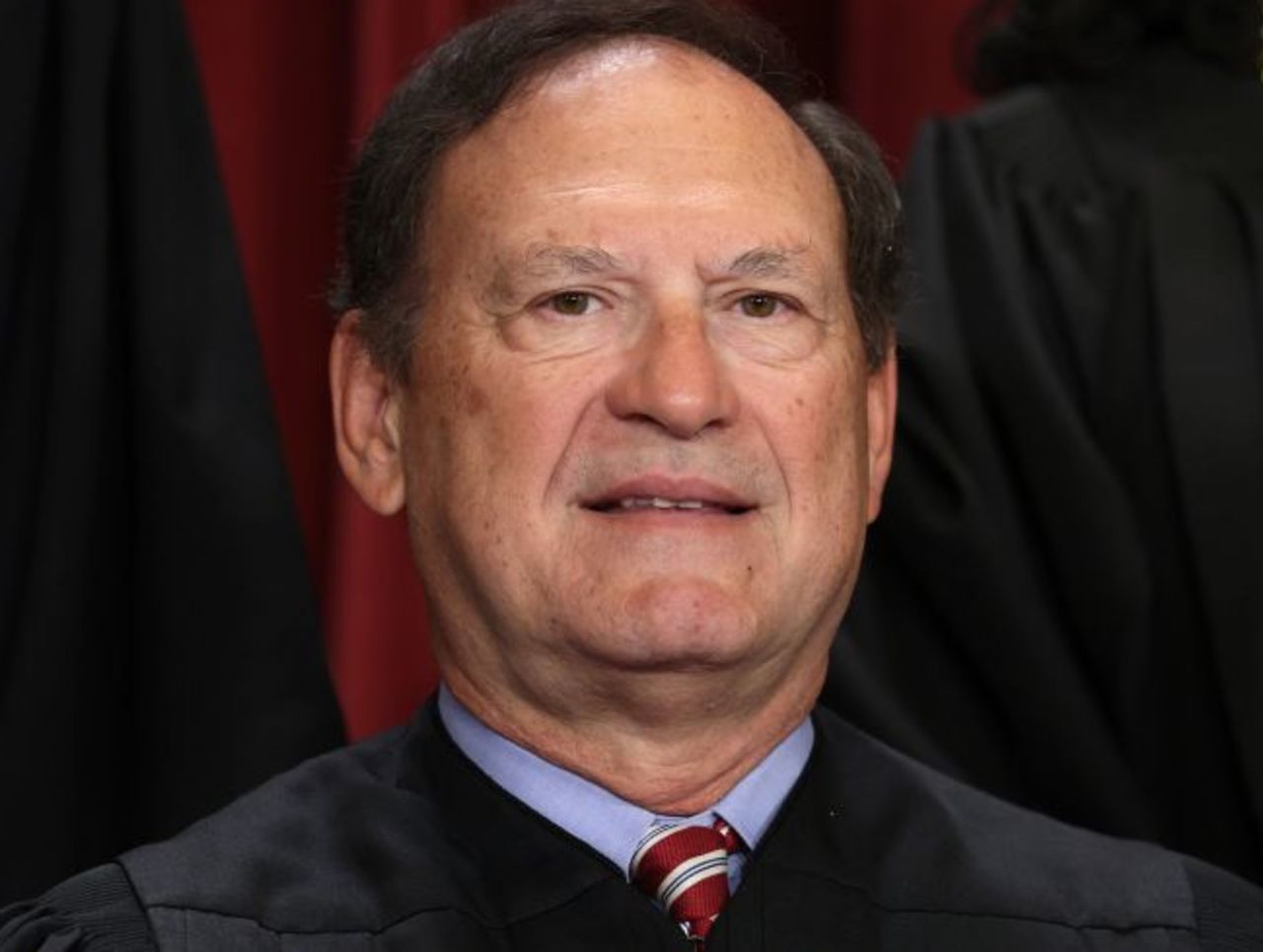What we covered here
- High-stakes hearing: The Supreme Court justices appeared deeply divided as they heard oral arguments Wednesday on a challenge by the Biden administration to Idaho’s abortion ban and whether it can be enforced in medical emergencies. A decision is expected by the end of June.
- Emerging key votes: The Biden administration will need the votes of two conservative justices to prevail. With Justice Brett Kavanaugh signaling sympathies towards Idaho, the case will likely come down to the votes of Chief Justice John Roberts and Amy Coney Barrett, who had tough questions for both sides.
- About the case: The Biden administration argues federal law requires hospitals to offer abortions, if necessary, to stabilize the health of emergency room patients. Idaho’s abortion law has an exemption for abortions provided to save a pregnant woman’s life, but the state argues its law takes precedence over federal regulations.
- Political impact. The arguments come as abortion emerges as a key 2024 campaign issue. President Joe Biden has blamed GOP rival Donald Trump for new abortion restrictions taking effect across the country, including in Arizona.
Our live coverage has ended. Read more about the arguments in the posts below.














